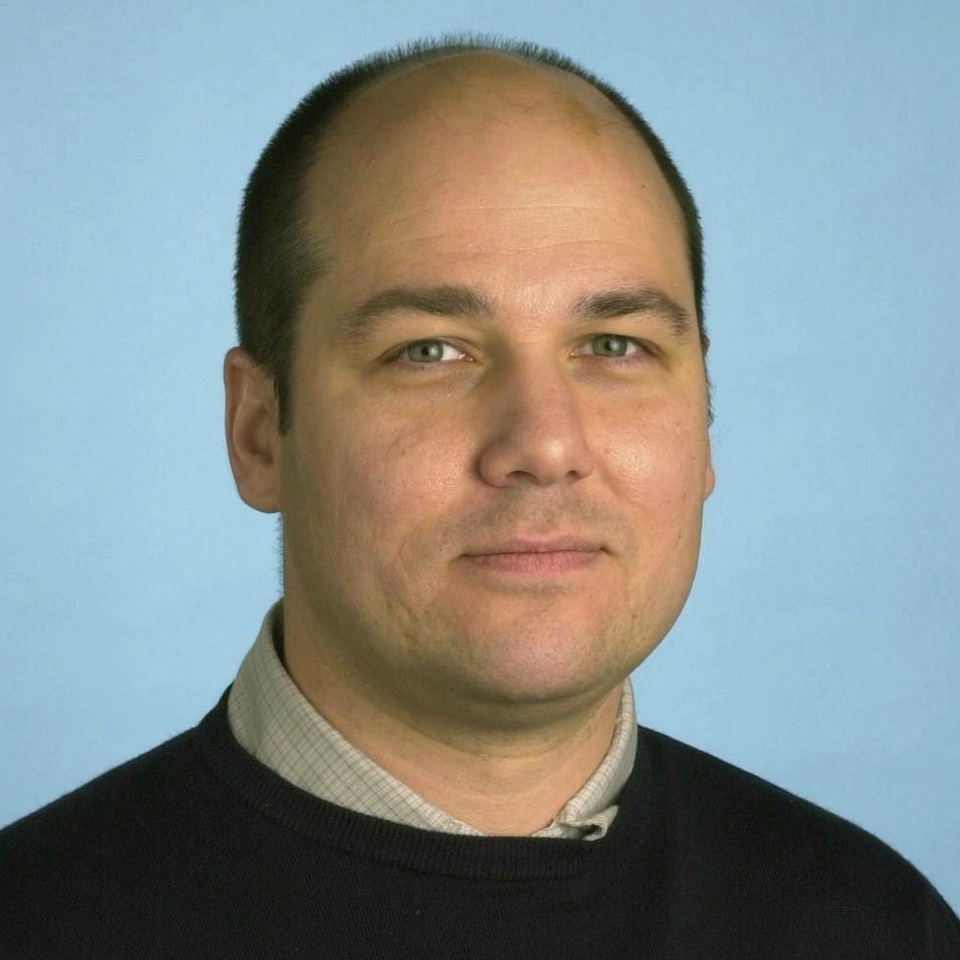PASC22 invites the HPC community to discuss how Computing and Data can be leveraged to serve All Humankind. In this vein, the conference is dedicated to tackling some of the biggest challenges facing humanity today. One of our focus areas is “Computing for Planet Earth,” and we are delighted to announce that Pier Luigi Vidale from the University of Reading in the UK will give a keynote talk on the state-of-the-art in climate research towards global storm-resolving climate models.
From High-Resolution to Global Storm-Resolving Models: Achievements and Perspectives
The increase in availability of high-performance computing has enabled global coupled models to resolve some of the fundamental processes governing the climate system. More explicit representation of eddies in the ocean and of weather systems in the atmosphere impacts the general circulation and reduces inter-model disagreement.
More realistic simulation of the global hydrological cycle at resolutions below 50 km underpins more trustworthy projections of the availability of heat, carbon and water to land vs ocean ecosystems. Global “weather-resolving” models produce reliable global teleconnections that govern regional changes in weather and climate, including extremes (e.g. tropical cyclones). Resolving the ocean mesoscale produces “out-of-trajectory” future climates for Europe.
Global storm-resolving models now operate in the resolution range of 1-10 km, removing some long-standing errors in the simulation of precipitation (location, organization, diurnal cycle, intensity/frequency). However, uncertainties remain with respect to the adequacy of key parameterisations at such scales, motivating research on global cloud-resolving capability.
About the presenter
Pier Luigi Vidale is Professor of Climate System Science at the University of Reading (UoR), Director of the UoR–ECMWF research collaboration, and leads the National Centre for Atmospheric Science global High Resolution Climate Modelling programme. Pier Luigi has led large research projects in the UK and internationally, including the UK-Japan Climate Collaboration (2004-2007), and was Scientific Coordinator of the EU’s H2020 project “PRIMAVERA.” As investigator in the EU’s H2020 NextGEMS, he is currently responsible for identification and analysis of Tropical Cyclones (TCs) simulated by the new generation of global storm-resolving models (~3 km resolution). In terms of future directions, Pier Luigi is a member of World Climate Research Programme’s Digital Earth’s Lighthouse Activity, defining the nature and purpose of Digital Twins for climate.
